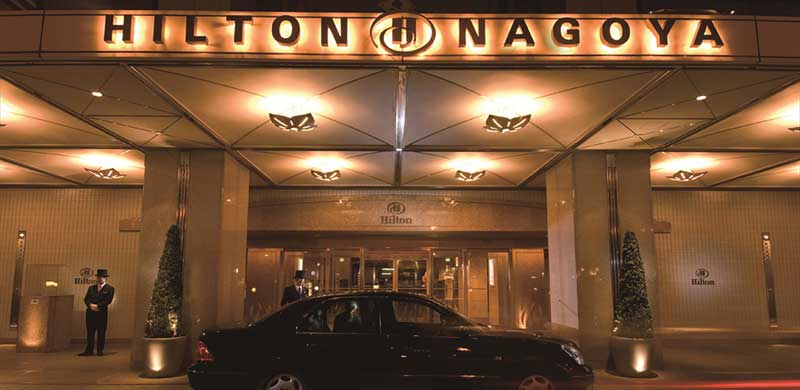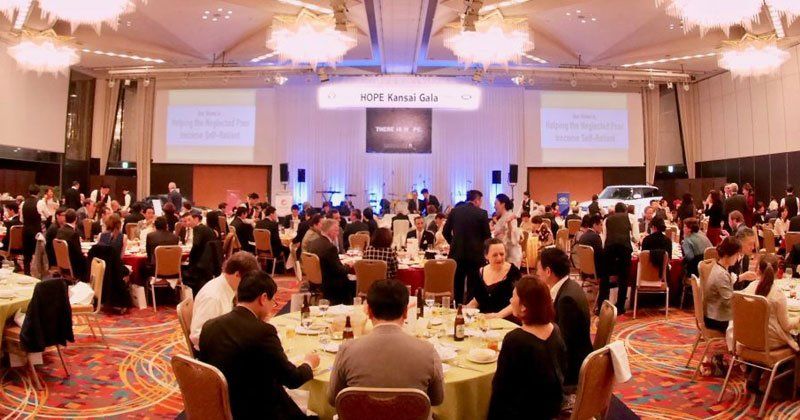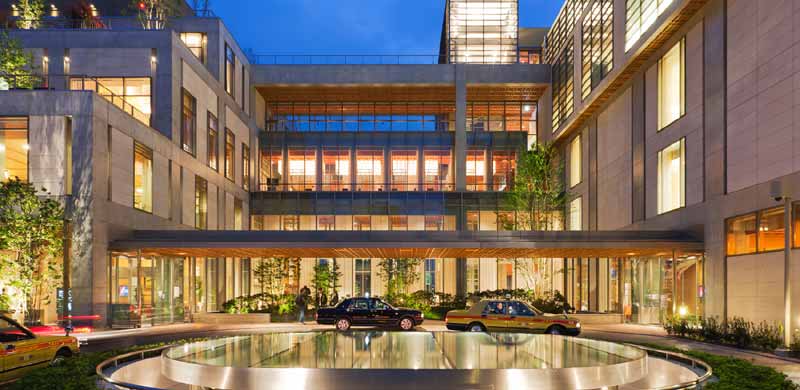What does a community fundraiser do?
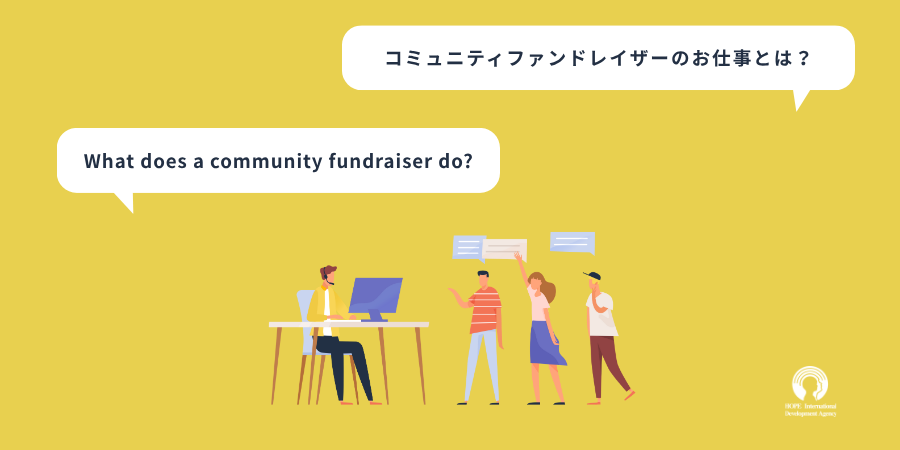
"A fundraiser is someone who collects donations?"
"What does a community fundraiser do?"
I'm often asked these questions.
In this article, Fumi, who has been involved as a fundraiser at HOPE for over 10 years, reports on his work and also explains about the expansion of HOPE's activities.
This is a little look into the world of a fundraiser that we've never shared before.
A fundraiser is not just about collecting money
When you think of a fundraiser, you may think of someone who collects donations, but what I think is important is gathering all the resources necessary to achieve the organization's mission.
These resources are not just money.
For example:
- Physical items (supplies, facilities, equipment, etc.)
- People (volunteers, interns, partner companies, etc.)
- Information and connections with people - their community.
At HOPE, we organize community-based activities with the best utilization of these resources. A community fundraiser is responsible for building and maintaining such connections with its community and making friends.
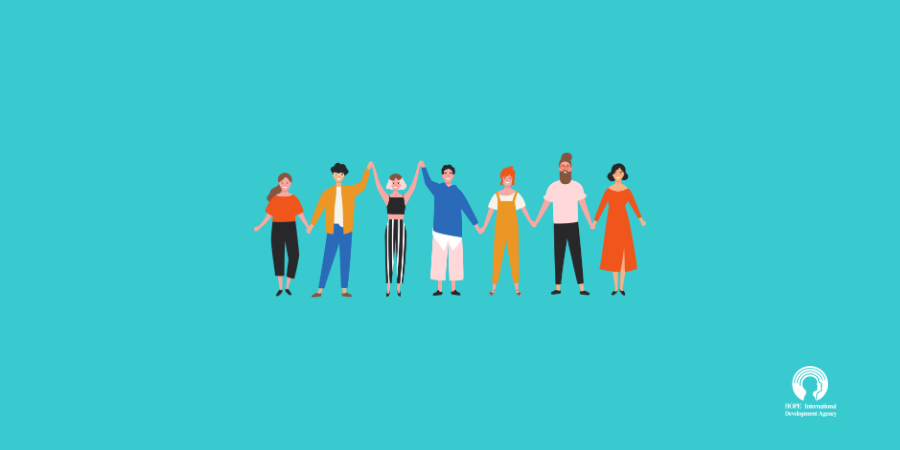
Making Friends in the Community
HOPE holds various events in Japan, such as charity dinners, walkathons, and other events such as golf tournaments, crowdfunding, presentations, and study sessions. These events are only possible if we have friends who help plan and organize them together, most often as like-minded volunteers.
There are many ways in which volunteers get involved.
- Volunteers who get involved from the planning stage of the event
- One-day volunteers who provide help on the day of the event
- People who can't attend the event but help with preparations
My biggest role is to plan and organize activities together with all such volunteers.
Collaboration with businesses is also an important part of the job. In addition to donations, an increasing number of companies are getting involved in various ways, such as sponsoring events, lending their facilities, sending employee volunteers, and holding in-house study sessions.
HOPE's distinctive features are its International and Bilingual supporters
One of HOPE's major distinctive features is its international connections.
For example, in Nagoya, we have built relationships with the foreign community living in the Tokai region over many years. In Kansai, we are also connected to a network of expatriates and their families.
We also actively participate in networking events held by the American Chamber of Commerce in Japan (ACCJ) and with the chambers of commerce of various countries. We continue to inform people with roots abroad about HOPE's work and involve them as members.
Having these global connections is a strength unique to HOPE that is not often seen in other organizations.
Building relationships is also a big part of fundraising
There are more ways to raise funds than just through the collection of donations and organizing events.
In fact, meeting people and cultivating relationships daily is also an important part of the job.
I also participate in various business meetings, local study groups, and inter-industry networking events. By making new connections, we can raise awareness about HOPE's work, and the seeds of our next collaboration can sprout.
What is important here is the ability to listen, to listen carefully to what the other person is saying,
"What is this person good at and what are they interested in?"
"What resources does this business have?"
...and record that information in your memory. And keeping a database for institutional knowledge building is of the utmost importance for the organization.
Then, one day, when you realize that you need something, you often recall the person you met that time who could help!
Rather than talk, listen and learn about what they do.
If you feel that you can collaborate on something together, begin by proposing to do something small together.
That is my stance as a community fundraiser.
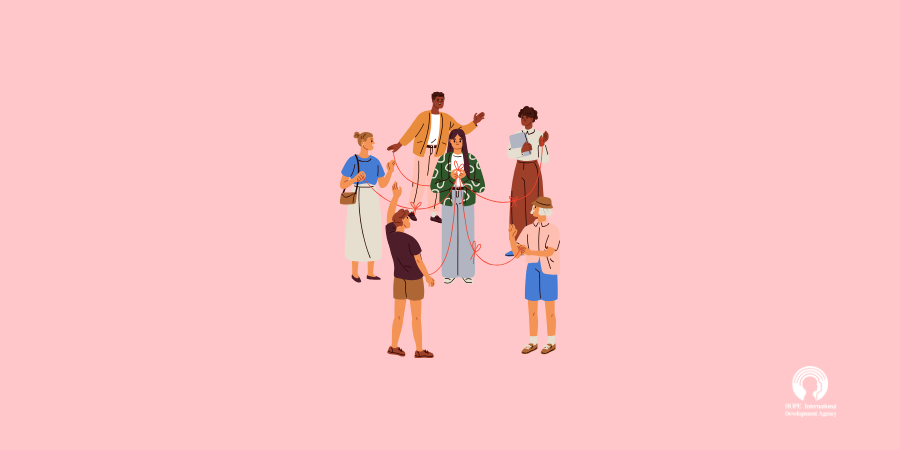
It's like a chef's job
To put it simply, the work of a community fundraiser is like that of a chef.
You must assess the ingredients in front of you - space, people, time, enthusiasm, locality... and think about how to combine them to put together an event.
For example, a business once asked me if I could use their facility. The moment I was asked this, I planned not only to use their facilities, but also how to connect with the people who would attend and whether there was a way to involve the company's employees.
In the end, it became a volunteer-led charity event, and it created positive relationships between the company, volunteers, and participants - and importantly, our work together often provides funds to help our beneficiaries, which is the outcome of our mission.
In other words, even if the ingredients are the same, the combination and seasoning can lead to completely different results.
That's what makes this job interesting and profound.
As a facilitator who draws out initiative
What I particularly value is drawing out the initiative of volunteers.
I don't just give instructions to staff, but I always ask questions such as,
"Have you ever been involved in event planning?"
"How would you go about spreading the word for this event?"
I draw out their experiences, listen to their ideas, and ask them questions.
This is also something that I learned in the field overseas.
Local people think for themselves, act, and create change. I apply this attitude to my work in Japan. What is supposed to be HOPE's events soon becomes our events together. Being able to witness such moments is the most rewarding for me.
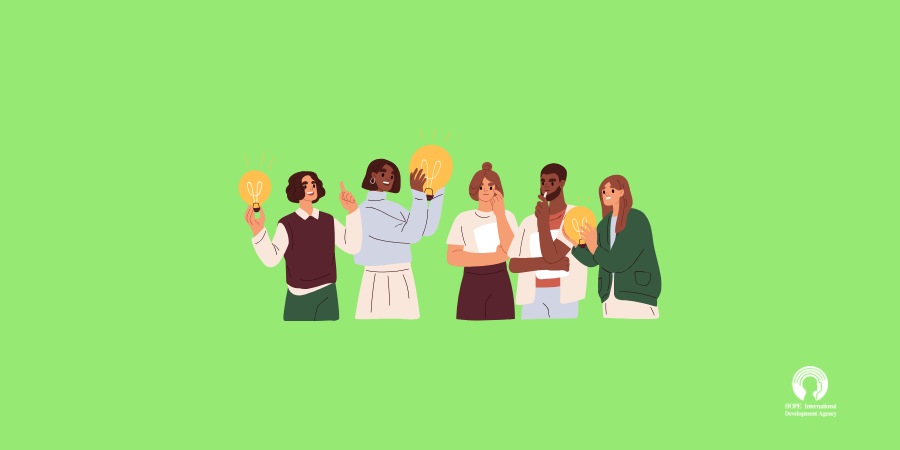
Continuing to face the difficulty of communicating
However, it's not all fun and games.
HOPE is working on solving problems in regions that are not well known in Japan, such as in Africa and Southeast Asia. To people who have never been to these regions, it is a difficult world to imagine.
That's why we are always struggling to communicate our work to our supporters and help them visualize what we do. Although we have been fundraisers for over 10 years, communication is still a constant process of trial and error.
But that's why it's worth keeping at it.
I believe that it is our responsibility as community fundraisers to continue thinking about how we can reach people, rather than just giving up because our message didn't reach them.
In conclusion
I feel that the role of a community fundraiser is to create small waves in society by connecting people, thoughts, actions, and resources.
To achieve our mission, we need not just to collect donations, but identify various resources such as the necessary human resources, knowledge, place, and time, and to think about how to utilize them and who to work with, which becomes a community of support.
In the process, sometimes we become facilitators who bring out the individuality of volunteers, sometimes we become interpreters who create connections between businesses and individuals, and sometimes we become listeners who quietly listen and reweave relationships. We adapt our position depending on the situation but always listen to the person in front of us - this flexibility is what I am proud of in this job.
The best part about my work is not just involving people, but nurturing relationships where we think and act together. Someone's thoughts take shape, and that shape moves someone else. The cycle that is created in this way slowly but surely changes the landscape of society.
I feel rewarded to be able to witness the beginning of such change.


